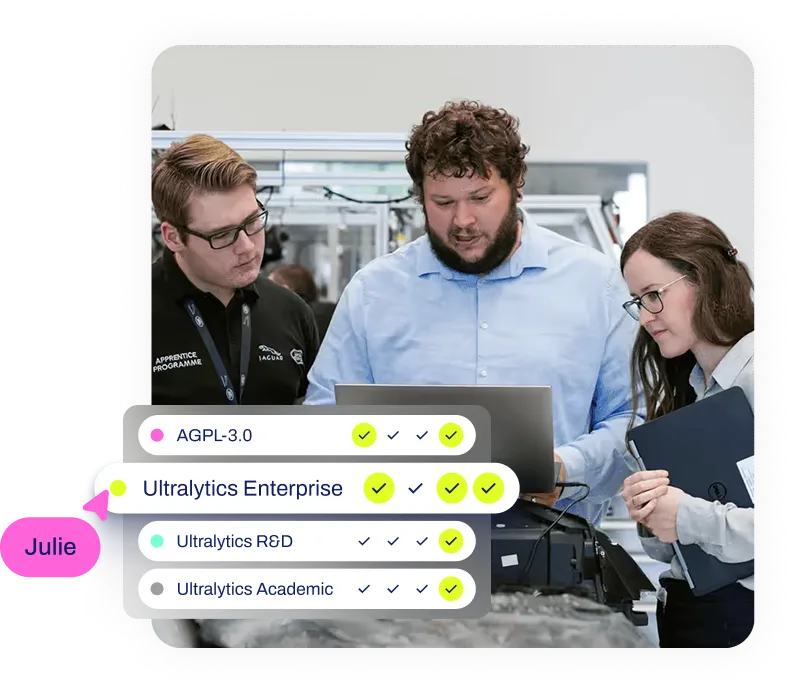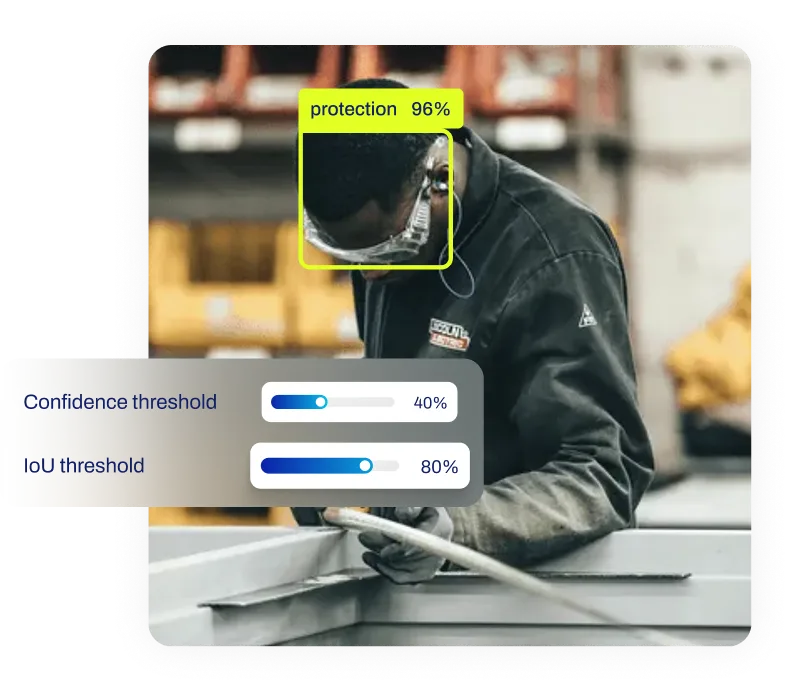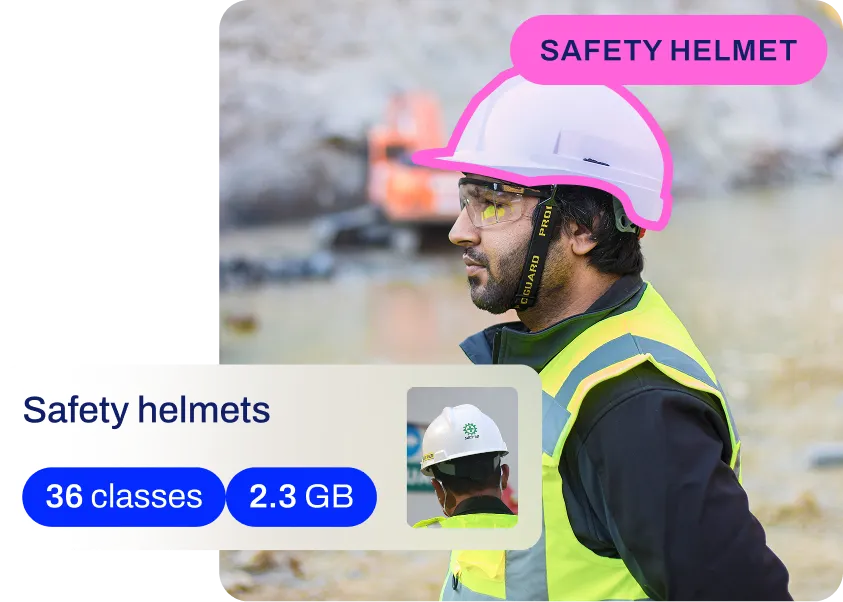Strong AI
Explore the future of Strong AI and AGI. Learn the differences between Weak and Strong AI, discover key technologies, and see how Ultralytics YOLO26 powers perception.
Strong AI, frequently used interchangeably with
Artificial General Intelligence (AGI), represents a theoretical form of machine intelligence that possesses the ability to understand, learn, and apply
knowledge across a wide variety of tasks, much like a human being. Unlike standard
Artificial Intelligence (AI)
available today, which is designed for specific functions, a Strong AI system would possess consciousness, sentience,
and the capacity for independent reasoning. The pursuit of Strong AI is the ultimate goal for many research
organizations, including
OpenAI and
Google DeepMind, who aim to build systems that can solve problems they were never explicitly trained to handle.
Strong AI vs. Weak AI
To understand the magnitude of Strong AI, it is essential to distinguish it from
Weak AI, also known as
Artificial Narrow Intelligence (ANI).
-
Weak AI: This category encompasses all currently existing AI, including
Large Language Models (LLMs)
like GPT-4 and computer vision models like
YOLO26. These systems excel at specific tasks—such as
Image Classification or
playing chess—but lack genuine understanding or adaptability outside their defined parameters.
-
Strong AI: A Strong AI system would theoretically pass the
Turing Test, demonstrating an intellectual capability indistinguishable from a human. It would utilize generalized
Cognitive Computing to
transfer learning from one domain (e.g., driving a car) to an entirely different one (e.g., cooking a meal) without
retraining.
Theoretical Characteristics and Enabling Technologies
Building Strong AI requires convergence across multiple disciplines. It involves advanced
Natural Language Understanding (NLU)
to comprehend context and nuance, and robust
Computer Vision to perceive the
physical world.
Key concepts driving the research toward Strong AI include:
-
Reinforcement Learning:
This allows agents to learn optimal behaviors through trial and error, a fundamental aspect of human learning.
-
Multi-Modal Learning:
Integrating text, audio, and visual data helps create a comprehensive world model.
-
Neural Architecture Search (NAS):
Automating the design of neural networks to find more efficient structures that might mimic the human brain.
Real-World Applications Approximating Strong AI
While true Strong AI does not yet exist, complex systems are beginning to mimic its generalized capabilities by
integrating multiple Weak AI models.
-
Autonomous Vehicles:
Companies like Waymo are creating systems that must reason in
real-time. A self-driving car combines
Object Detection to identify pedestrians,
Semantic Segmentation to
understand road boundaries, and predictive modeling to anticipate human behavior. While not sentient, the
aggregation of these tasks simulates a general driving intelligence.
-
Advanced Robotics: Robots developed by
Boston Dynamics utilize complex sensory feedback loops to
navigate unstructured environments. By processing visual data and physical forces simultaneously, these robots
display a level of adaptability that hints at the future of general-purpose embodied AI.
Building Blocks: Perception with Python
A fundamental requirement for any Strong AI agent is the ability to perceive its environment accurately. The following
example demonstrates how to use the ultralytics package to provide visual perception—a critical sensory
input for any intelligent system—using the state-of-the-art
YOLO26 model.
from ultralytics import YOLO
# Load the YOLO26 model (Perception Layer)
# YOLO26 is natively end-to-end, offering high accuracy for real-time analysis
model = YOLO("yolo26n.pt")
# Perform inference on an image to understand the scene
# This mimics the visual cortex processing in a biological system
results = model("https://ultralytics.com/images/bus.jpg")
# Output the detected objects and their confidence scores
# A Strong AI would use this data to make complex decisions
for result in results:
result.show() # Display the annotated image
The Future and Ethical Considerations
The path to Strong AI raises significant questions regarding
AI Safety and
AI Ethics. If a machine achieves superintelligence, ensuring its goals align with human values—a concept known as
Alignment—becomes critical.
Organizations are currently utilizing tools like the
Ultralytics Platform to manage the massive datasets
required for training foundation models. By streamlining
Data Annotation and
Model Training, researchers can accelerate the development of the sophisticated architectures that may one day lead to genuine
Strong AI.










.webp)